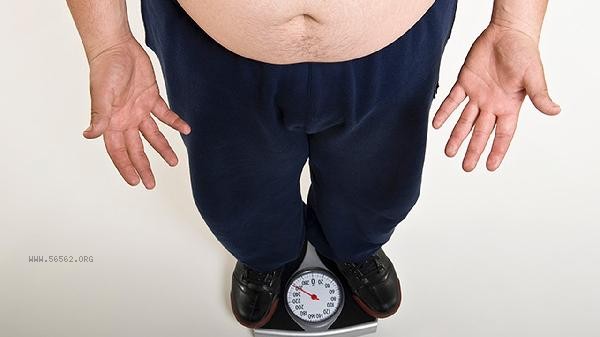The absence of hunger during the weight loss process is usually a manifestation of the body adapting to a new dietary pattern or metabolic adjustment. This phenomenon may be related to factors such as dietary adjustments, changes in hormone levels, psychological adaptation, reduced gastric capacity, and decreased metabolic rate.

1. Dietary structure adjustment
Long term maintenance of a high protein, high dietary fiber diet can prolong gastric emptying time and increase satiety. High quality proteins such as eggs and lean meat can stimulate the secretion of cholecystokinin, while dietary fibers such as oats and broccoli can absorb water, swell, and fill the stomach. The synergistic effect of the two reduces the transmission of hunger signals.
2. Hormone level changes
The level of leptin secreted by adipose tissue decreases with the decrease of body fat, but there may be an improvement in leptin resistance during early weight loss. After increasing insulin sensitivity, blood glucose fluctuations decrease, which helps stabilize the hunger signal in the appetite regulation center. After the formation of regular eating habits, the sensitivity of the brain to hunger signals will naturally decrease. A timed and quantitative dietary pattern can reconstruct the biological clock's expectations for eating and reduce the occurrence of sudden hunger.
4. Decreased gastric volume
continuously controlling food intake will weaken the adaptive tension of gastric muscles and gradually reduce gastric volume. This physiological change makes it easier to feel full with the same amount of food, which is a benign compensatory response.

5. Decreased metabolic rate
Long term calorie deficit may lead to a decrease in basal metabolic rate, and the body's energy demand decreases after entering energy-saving mode. In this situation, it is necessary to be alert to the platform period risks and it is recommended to maintain muscle mass through strength training.
It is recommended to maintain a daily water intake of over 2000 milliliters, as insufficient water intake may confuse hunger and thirst signals. You can try drinking warm water half an hour before meals and using sugar free carbonated water to increase stomach fullness. Regularly change the types of ingredients to avoid taste fatigue, and use small tableware to control the amount of food consumed at a time. If accompanied by symptoms of low blood sugar such as dizziness and fatigue, adjust your diet plan in a timely manner and consult a nutritionist. Conducting resistance training three times a week can help maintain basal metabolic rate and prevent weight rebound.









Comments (0)
Leave a Comment
No comments yet
Be the first to share your thoughts!